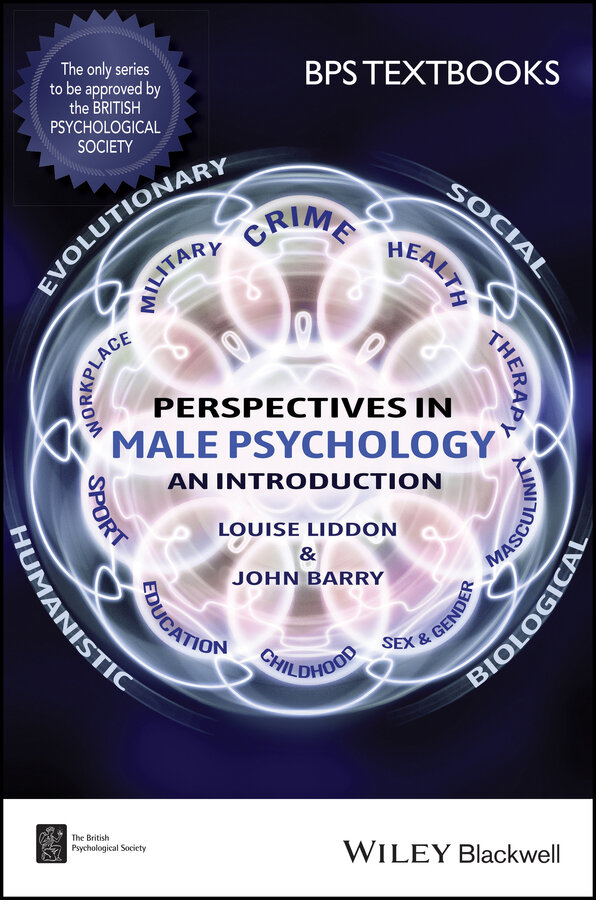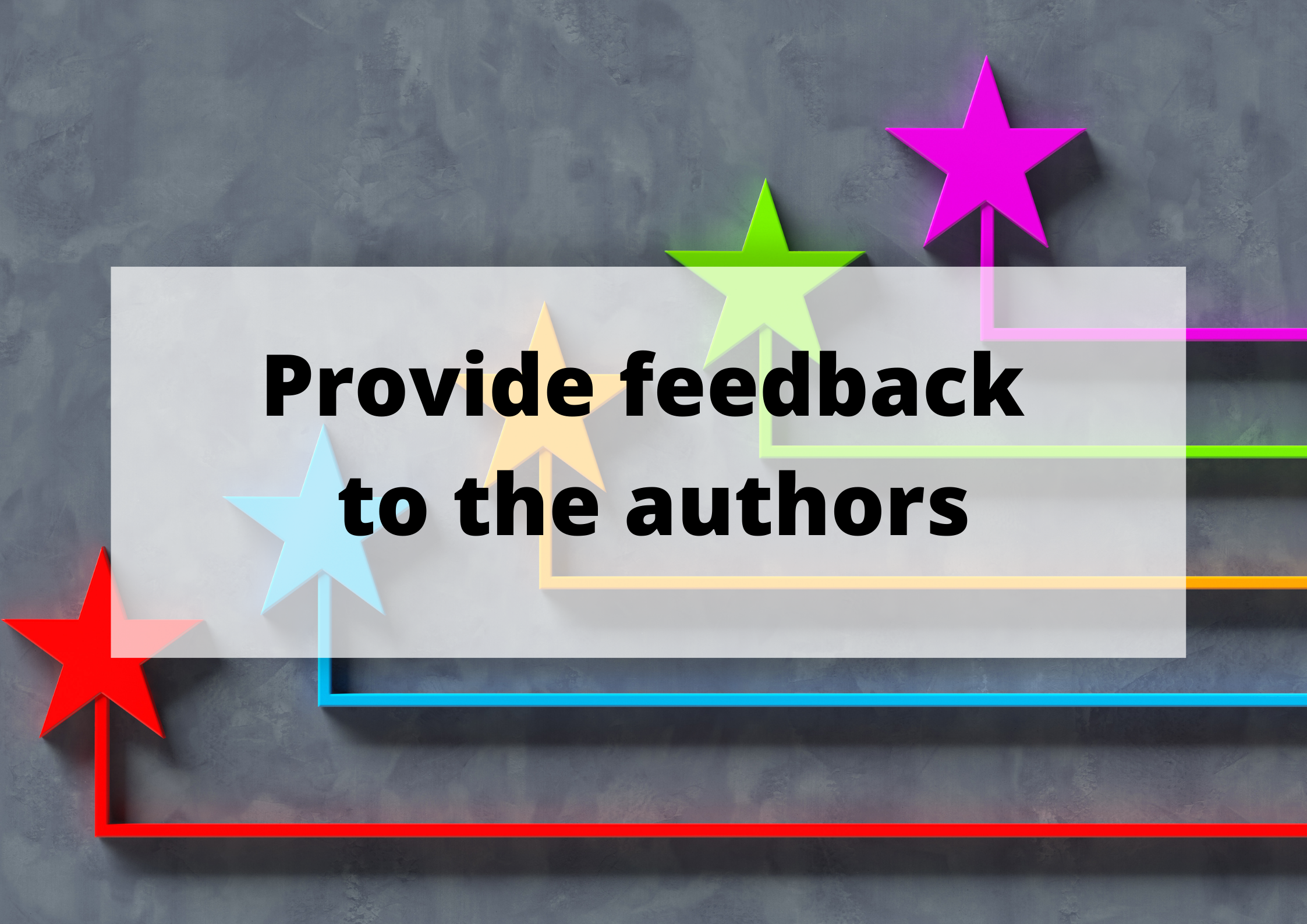NEW!!!
Perspectives in Male Psychology: An Introduction





About This Book
Discover a balanced perspective on men's psychology in this accessible new resource
Male psychology is a new field within the discipline of psychology, which focuses on men and boys. Male psychology moves us towards a more scientific and balanced understanding of the psychology of men and of boys, drawing on a range of perspectives, and away from an overreliance on social constructionism and preoccupations with notions such as patriarchy and privilege, too often seen in the narrative about men.
In Perspectives in Male Psychology: An Introduction, two of the most prominent authors in this new field, Louise Liddon and John Barry, introduce and deliver an insightful exploration of some of today's most hotly contested issues regarding men and masculinity.
This book puts forward a balanced perspective that has been missing from academic and media narratives around topics such as child development, education, sport and exercise, the workplace, crime, the military, health and wellbeing, mental health, therapy masculinity and sex differences and considers the role that evolution, biology, and culture play in shaping male behaviour.
This book will also help readers to better understand some key issues such as:
Why there are controversies around sex differences research
How bias in research has led to a distorted view of the psychology of men and boys
The ways in which the mental health and other needs of men and boys are routinely overlooked
In turn this helps us ask some important questions such as:
If there are more similarities than differences between men and women, does that mean the differences are unimportant?
How can we un-distort our understanding of men and masculinity?
What are the best ways of identifying and meeting the psychological needs of men and boys?
Readers, whether students or lecturers, will also benefit from the inclusion of our companion Wiley website containing additional resources to support the development of knowledge and understanding male psychology.
Perfect for undergraduate and graduate students in psychology, medicine, and sociology, as well as established professionals in these and related fields, Perspectives in Male Psychology: An Introduction will also earn a place in the libraries of anyone interested in the psychology of gender differences in various aspects of mental health and human behaviour.
Published by Wiley, DOI 978-1-119-68535-7

About The Authors
John Barry
Dr John Barry is a Chartered Psychologist, clinical hypnotherapist, researcher and co-founder of the Male Psychology Network and Male Psychology Section of the BPS. Since 2010, John has over 70 publications in peer-reviewed journals, including international-standard work in the fields of psychology and health.
Louise Liddon
Louise Liddon is a researcher and author in the field of male psychology. In addition to Perspectives in Male Psychology, her work includes a chapter in the seminal and successful Palgrave Handbook of Male Psychology and Mental Health 'What are the factors that make a male-friendly therapy?' and a number of research papers.
Why we wrote Perspectives
Even before the high number of downloads made it clear that the Palgrave Handbook of Male Psychology and Mental Health was in higher demand than we realised, interest in male psychology was emerging in many areas beyond mental health. The ubiquitous nature of male psychology came out in conversations at lectures and conferences with psychologists from a range of disciplines, commenting on symmetries between the work they were doing and the work we were doing. For example, a neuropsychologist attending the BPS Division of Clinical Psychology conference in Liverpool in 2017 commented that our findings on men’s preferences for dealing with mental health problems were remarkably similar to how her patients coped with traumatic brain injury. After similar conversations with psychologists specialising in military psychology, sports, criminology, developmental psychology and education, the need for a textbook to tie these various strands together became obvious. As we wrote the book, various significant themes emerged (e.g. the importance of separating gender politics from the study of masculinity) and after 18 months we found ourselves with a powerful first book in a series of BPS textbooks on male psychology.
Sincerely,
John Barry







